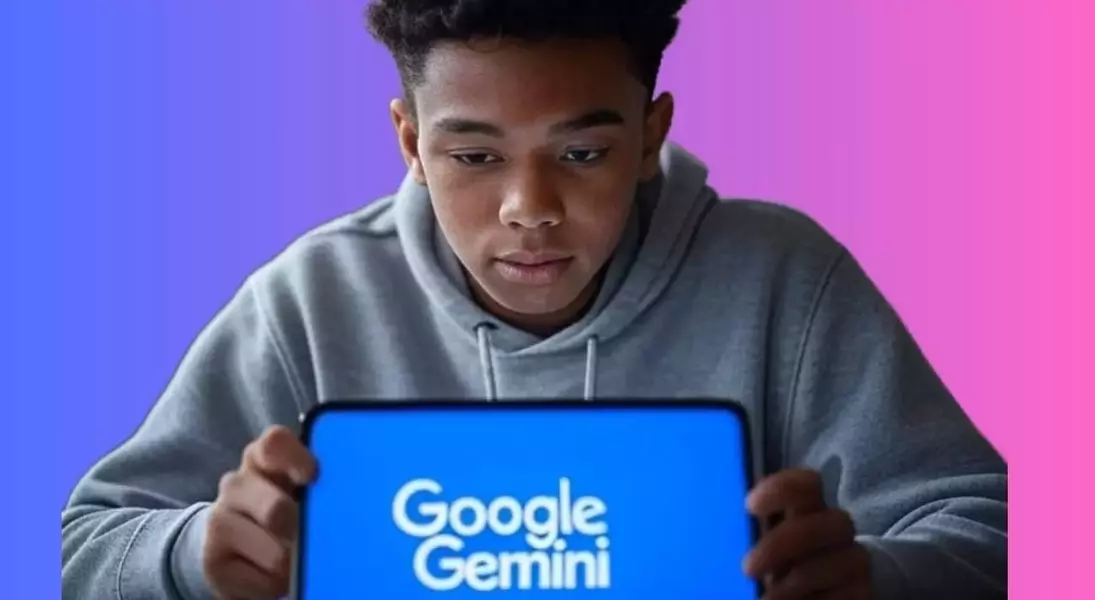
In a groundbreaking development, Google has announced that children under 13 will soon gain access to its Gemini AI applications on Android devices managed via Family Link. This decision represents a pivotal change in how artificial intelligence tools are introduced to younger audiences, sparking significant debate among parents, educators, and tech experts. The AI chatbot, known for assisting with tasks like storytelling and educational support, is now set to become part of children's digital experiences. However, this move comes with clear warnings from the company regarding potential errors and inappropriate content exposure. While Google reassures users about safeguarding children’s data, concerns persist over the suitability of generative AI for young minds.
Details of Google's New Initiative
In the vibrant season of innovation, Google unveiled plans to integrate its Gemini AI into the lives of younger users through Android devices monitored by Family Link. This parental control service allows guardians to oversee screen time, impose app restrictions, and block specific content types. Karl Ryan, a spokesperson for Google, clarified that parents retain full authority over enabling or disabling Gemini access. When children first interact with the AI, their parents receive an additional notification to stay informed. Yet, the journey isn't without challenges. Troubling precedents exist, such as Character.ai, where bots crossed boundaries between fiction and reality, leading to legal complications. In response, Google advises families to engage in open discussions about the non-human nature of AI and discourages sharing sensitive information.
Adding another layer to this narrative, former President Donald Trump recently endorsed an executive order promoting AI education within American schools. This initiative aims to enhance AI literacy among K-12 students, reflecting a robust federal commitment to integrating technology early in education.
As Google extends AI reach to younger demographics, it underscores the growing responsibility of tech companies to ensure safety and transparency. Navigating these complexities requires a balanced approach, prioritizing both innovation and protection.
This announcement was made on May 3, 2025, by Unnati Gusain, highlighting Google's efforts amidst evolving societal needs.
From a journalistic perspective, this development raises profound questions about the future of childhood in a digital age. It prompts us to consider the delicate balance between fostering technological familiarity and safeguarding innocence. As we witness this intersection of innovation and responsibility, it becomes imperative for all stakeholders—parents, educators, and policymakers—to collaborate effectively. By doing so, we can create environments where children thrive while exploring the wonders of artificial intelligence responsibly.
